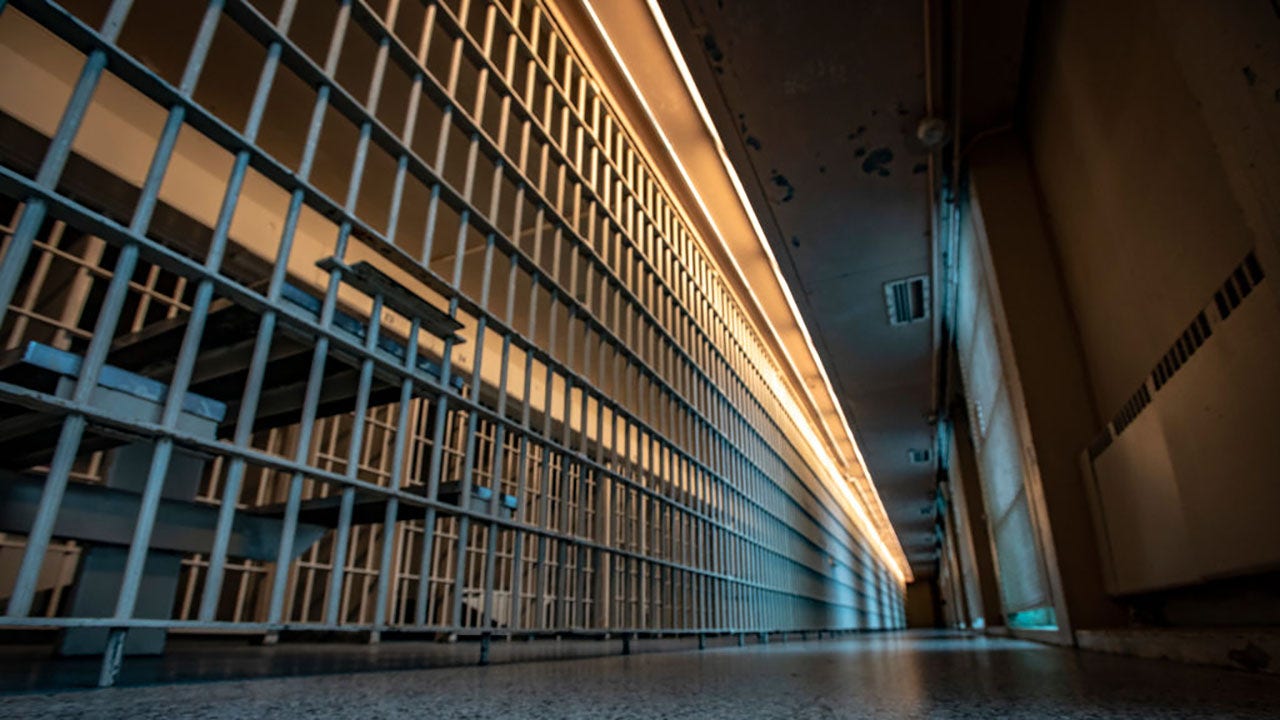Tech startups based in Massachusetts finished 2024 with a buzz of activity in venture capital fundraising.
In the fourth quarter, 191 startups raised a total of $4.1 billion, 20 percent more than startups raised in the same period a year earlier, according to a report from research firm Pitchbook and the National Venture Capital Association. For the full year, local startups raised $15.7 billion, about the same as in 2023.
The stability ended two years of sharp declines from the peak of startup fundraising in 2021. Slowing e-commerce sales, volatility in tech stock prices, and higher interest rates combined to slam the brakes on startup VC activity over the past three years. The 2024 total is less half the $34.7 billion Massachusetts startups raised in 2021.
But local startup investors have expressed optimism that VC backing will continue to pick up in 2025.
The fourth quarter’s activity was led by battery maker Form Energy’s $455 million deal and biotech obesity drugmaker Kailera Therapeutics’ $400 million deal, both in October, and MIT spinoff Liquid AI’s $250 million deal last month. Two more biotech VC deals in October rounded out the top five. Seaport Therapeutics, working on new antidepressants, raised $226 million and Alpha-9 Oncology, developing new treatments for cancer patients, raised $175 million.
Massachusetts ranked third in the country in VC activity in the quarter. Startups based in California raised $49.9 billion and New York-based companies raised $5.3 billion.
Venture capital firms, however, had an even harder time raising money in 2024 compared to earlier years. Massachusetts firms raised $5.9 billion, down 7 percent from 2023 and the lowest total since 2018. That mirrored the national trend, as VC firms across the country raised $76.1 billion, down 22 percent from 2023 and the lowest since 2019.
Only one Massachusetts-based VC firm raised more than $1 billion in 2024, a more common occurrence in prior years, according to the report: Flagship Pioneering in Cambridge raised $2.6 billion in July for its eighth investment fund plus another $1 billion for smaller funds. The firm, founded by biotech entrepreneur Noubar Afeyan, helps develop scientific research for startups in addition to providing funding.
The next largest deals were Cambridge-based Atlas Ventures’ $450 million biotech-focused fund announced last month and Engine Ventures $400 million fund investing in climate tech startups announced in June.
The decline comes as VC firms have had trouble getting a return on their investments, because so few startups have been able to go public. Just six biotech companies based in Massachusetts and no tech companies went public last year.
Aaron Pressman can be reached at aaron.pressman@globe.com. Follow him @ampressman.





















/cdn.vox-cdn.com/uploads/chorus_asset/file/25822586/STK169_ZUCKERBERG_MAGA_STKS491_CVIRGINIA_A.jpg)

/cdn.vox-cdn.com/uploads/chorus_asset/file/25821992/videoframe_720397.png)




